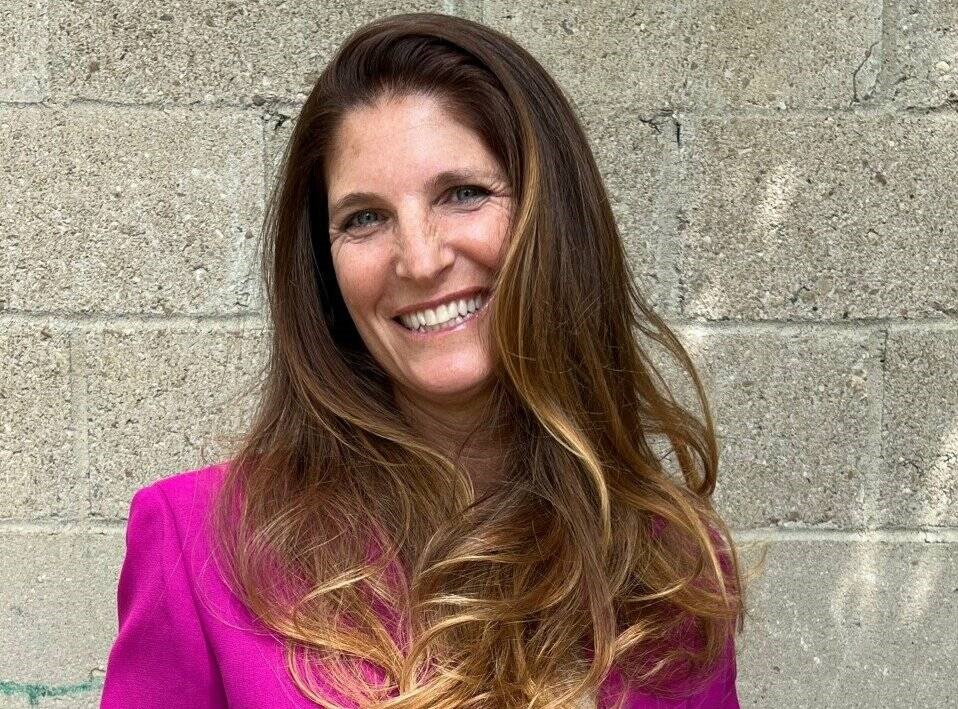Dear Lisi: My boyfriend and I play pickleball together. We usually play mixed doubles and make a great team. We listen to each other, take direction, take commands from each other and often win. And when we lose a point, we apologize to each other for the error, and the other person ALWAYS says, “Don’t worry about it.”
But something happens when we try to work together as a team at home. We’re not on the same page, not working toward the same goal, not listening to each other and not taking direction. And if one of us errs, we don’t always apologize, and the other person isn’t as forgiving.
How can we parlay our amazing relationship on the court to our at-home relationship?
In a pickle
I believe the key here is the common goal. On the court, you know what you must do to win, and the goal is to win. You may think it works best with your backhand, and he may think it works best with his forehand, but it doesn’t matter, as long as you win.
At home, there’s too much push and pull. You haven’t expressed what exactly you argue about so I can only give examples of what many couples argue over. Something immediate, such as, how to spend your weekend, when she likes to stay home and be quiet vs. his desire to go out with friends, eat out, and go to the bars can be managed through compromise. Thankfully, there are two days to the weekend, so one could be spent doing what she likes, and one doing what he likes. Or half the day, each day; or doing your own thing. As long as you don’t spend the whole weekend apart, you’re fine.
Bigger issues, such as finances, need calm and in-depth discussion. Do you both want to save for a new home? If so, what’s gotta give to pinch those pennies? It won’t work if she’s saving (by staying home quietly?) while he’s spending (dinners out and drinks at the bar?). Figure out your common goals and how you can work toward them together.
Dear Lisi: My husband was poisoned back in December. As a result, he was in a coma for 17 days. Now he’s just not the same. He is angry all the time, and it’s a deeper anger than before. He also gets confused and sometimes thinks that I’m his sister, which is awkward and frustrating for me. Other times he gets very frustrated with me for reasons I can’t explain.
We went to the doctor who told us that he is OK. But he’s clearly NOT OK. What do I do now?
Poisoned Partner
From a medical standpoint, and I am not a doctor, I would have your husband checked out again by his family doctor. He/she will then be able to listen to your husband’s ailments and figure out if he needs to see a specialist and send on the referral.
From a psychological standpoint, your husband has suffered some emotional distress. Was he poisoned on purpose? Being in a coma affects your mental health. He needs to find someone he can talk to, to discuss what happened, and how it’s affecting him. He also needs to see some sort of neurological physiotherapist to work on the detriment to his brain, to see if he can come back up to where he was pre-poison, that is, not mistaking you for his sister, for example.
Talk it through with him and be patient. Help him out as much as you can. Hopefully, getting him the help he needs will reduce his frustration and anger, and you can get back to your once loving marriage.
FEEDBACK Regarding the writer who questioned the meaning of “forgive and forget” (Aug. 1):
Reader — “As someone who suffered an abusive relationship followed by a bitter, four-year-long divorce and custody battle, allow me to assert that forgiveness is not a gift for another person. It is something you do for yourself, so that the past no longer has a toxic grip on you. You will probably never forget, and you don’t have to. You don’t have to reach a place of complete forgiveness to reap the benefits, either. Small triumphs and moments of joy spring up along the way.
“Forgiveness does not mean that what happened is now OK. It means not allowing what happened to take away any more of your happiness.”
Lisi – Thank you for sharing your journey. Your comments illustrate how my answer works for some people in their specific circumstances.
Lisi Tesher is an advice columnist based in Toronto. Send your relationship questions to [email protected].



